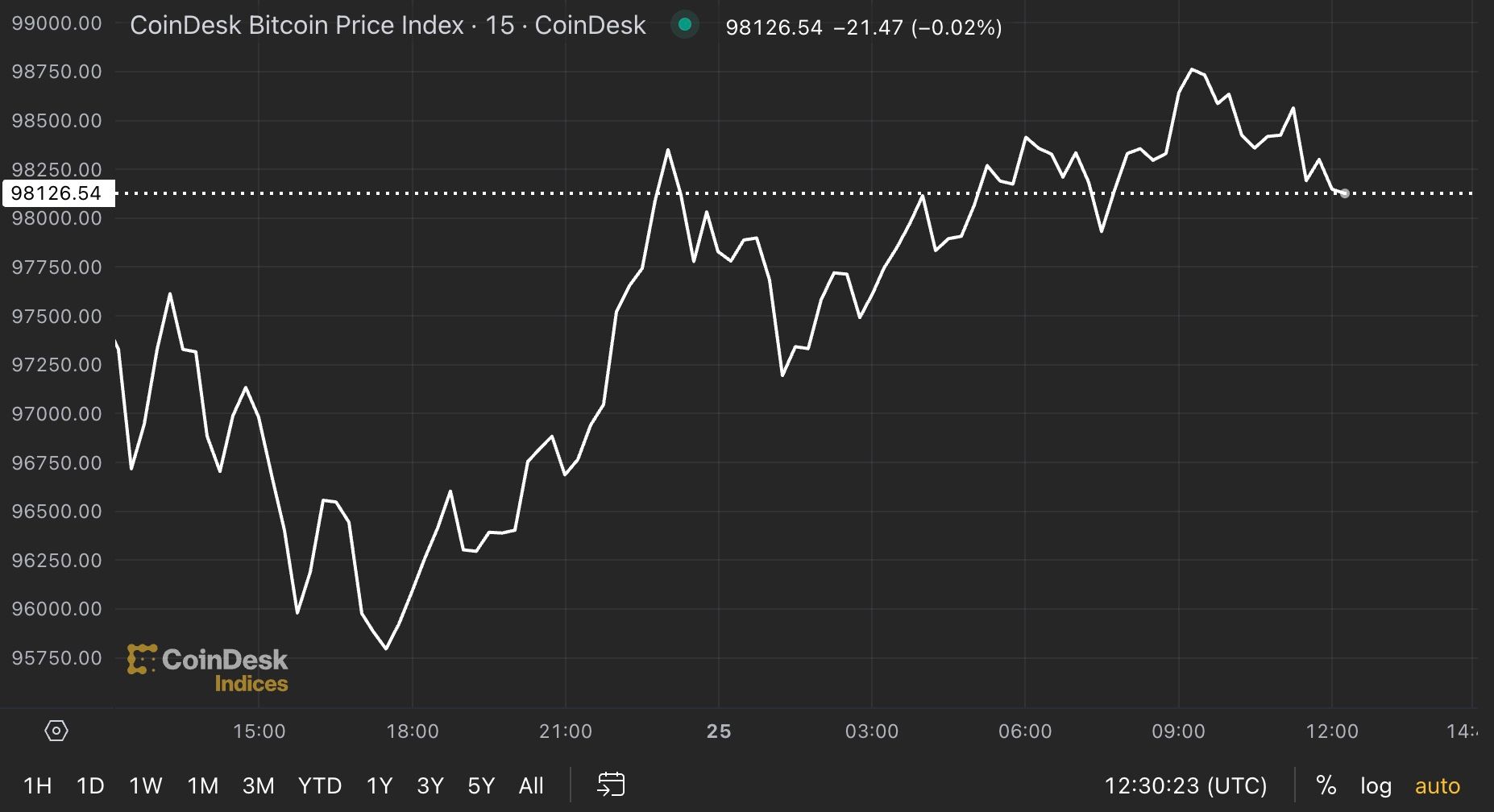ARTICLE AD
The Federal Reserve Bank of Minneapolis suggested that Bitcoin should be banned or taxed to help governments maintain permanent deficits and prevent fiscal imbalances.
Key Notes
The Minneapolis Fed labels Bitcoin as a "private-sector security" with no real resource claims.The report highlights that Bitcoin creates a "balanced budget trap," forcing governments to balance their budgets.The Minneapolis Fed's stance aligns with the European Central Bank's recent criticism of Bitcoin, which claims that long-term holders profit at the expense of new investors.In its recent research paper, the Federal Reserve Bank of Minneapolis suggested that digital assets like Bitcoin should be banned in order to help governments maintain their deficits. In its working paper released last week on October 17, the Minneapolis Fed stated that in an economy wherein the government tries to maintain a permanent deficit via nominal debt, the presence of Bitcoin creates issues.
The Fed also noted that Bitcoin brings along a “balanced budget trap” forcing the government to balance its budget. Moreover, the researchers used Bitcoin BTC $68 342 24h volatility: 0.1% Market cap: $1.35 T Vol. 24h: $27.93 B as an example of a fixed-supply “private-sector security” lacking “real resource claims” and suggested that it should either be banned or taxed to address this issue. They added:
“A legal prohibition against Bitcoin can restore unique implementation of permanent primary deficits, and so can a tax on Bitcoin.”
Managing Primary Deficit
A primary deficit occurs just when the government spends more than it collects in taxes along with other revenue that excludes interest payments on its debts. Note that the term “permanent” for the primary deficit is the key which means that the government needs to plan spending much more than what it collects, indefinitely.
So far, the United States has amassed a total of $35.7 trillion in national debt, however, the primary deficit i.e. the annual gap between tax revenue and spending is currently around $1.8 trillion. As per the latest Reuters report from October 19, the primary factor behind the fiscal 2024 deficit, the largest outside of the COVID-19 period, was a 29% rise in interest costs for Treasury debt, reaching $1.13 trillion. It was primarily due to higher interest rates and increased borrowing.
Matthew Sigel, head of digital asset research at VanEck, commented on the paper on Oct. 21, noting that the Minneapolis Fed had aligned with the European Central Bank in its criticism of Bitcoin. He added:
“Fantasizes about ‘legal prohibition’ and extra taxes on BTC to ensure govt debt remains the ‘only risk-free security.’”
On the other hand, Messari co-founder Dan McArdle disclosed the 1996 Minneapolis Fed paper which is called Minneapolis Fed paper. The Fed released this paper 12 years before the Bitcoin genesis block and defines money as an object that does not “enter production,” is “available in fixed supply” and is “equivalent to a primitive form of memory.”
Last week on October 12, the European Central Bank (ECB) released a paper asserting that long-time Bitcoin holders are benefiting at the expense of newer investors. The paper suggested that the cryptocurrency should either be regulated to prevent price increases or banned altogether. Jürgen Schaaf, the ECB senior management adviser, joined the argument stating that “non-holders should recognize that Bitcoin’s rise is fuelled by wealth redistribution at their expense. There are compelling reasons to advocate for policies that curb Bitcoin’s growth or even eliminate it.”
Disclaimer: Coinspeaker is committed to providing unbiased and transparent reporting. This article aims to deliver accurate and timely information but should not be taken as financial or investment advice. Since market conditions can change rapidly, we encourage you to verify information on your own and consult with a professional before making any decisions based on this content.
Bitcoin News, Cryptocurrency News, News

Bhushan is a FinTech enthusiast and holds a good flair in understanding financial markets. His interest in economics and finance draw his attention towards the new emerging Blockchain Technology and Cryptocurrency markets. He is continuously in a learning process and keeps himself motivated by sharing his acquired knowledge. In free time he reads thriller fictions novels and sometimes explore his culinary skills.


 1 month ago
24
1 month ago
24 

